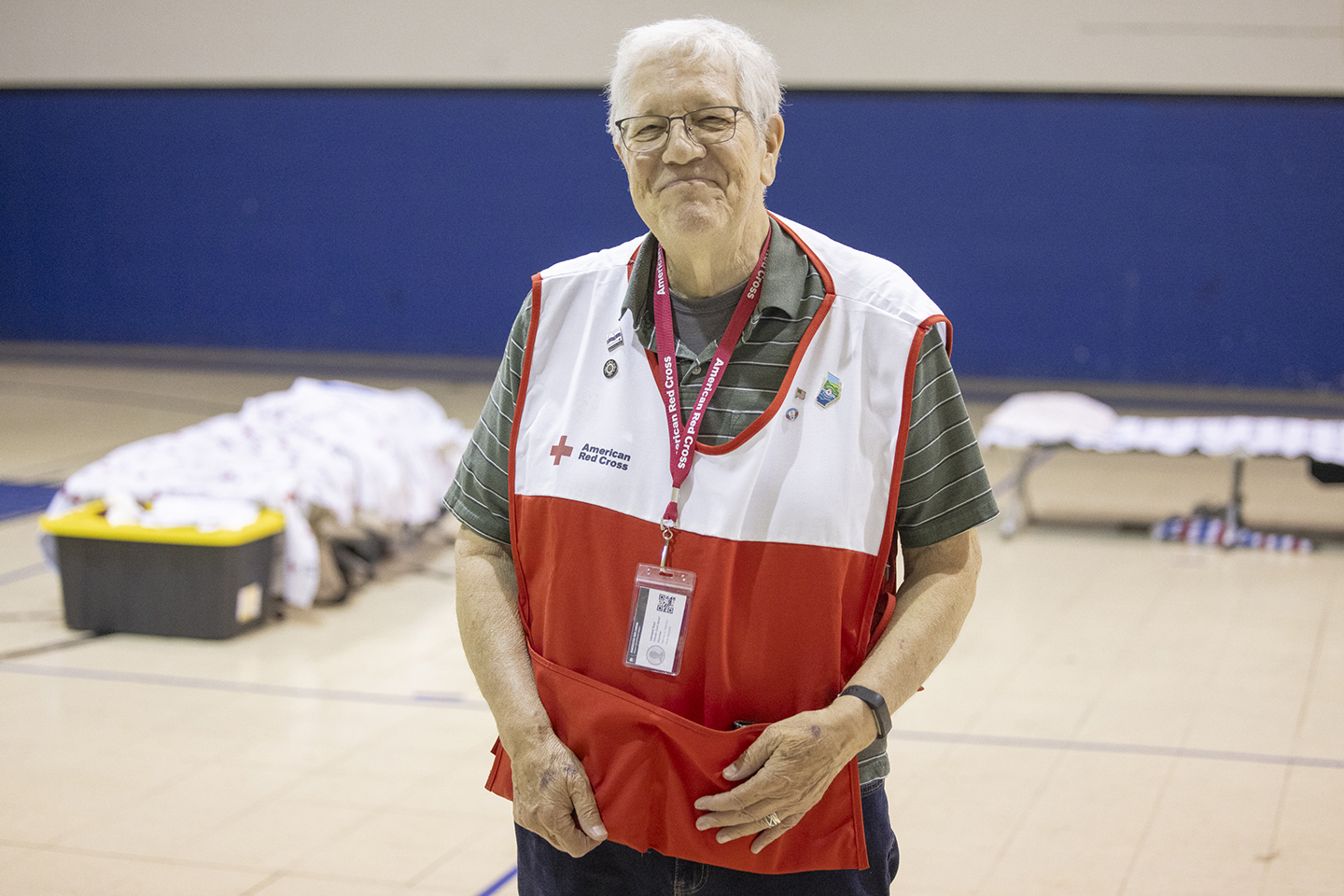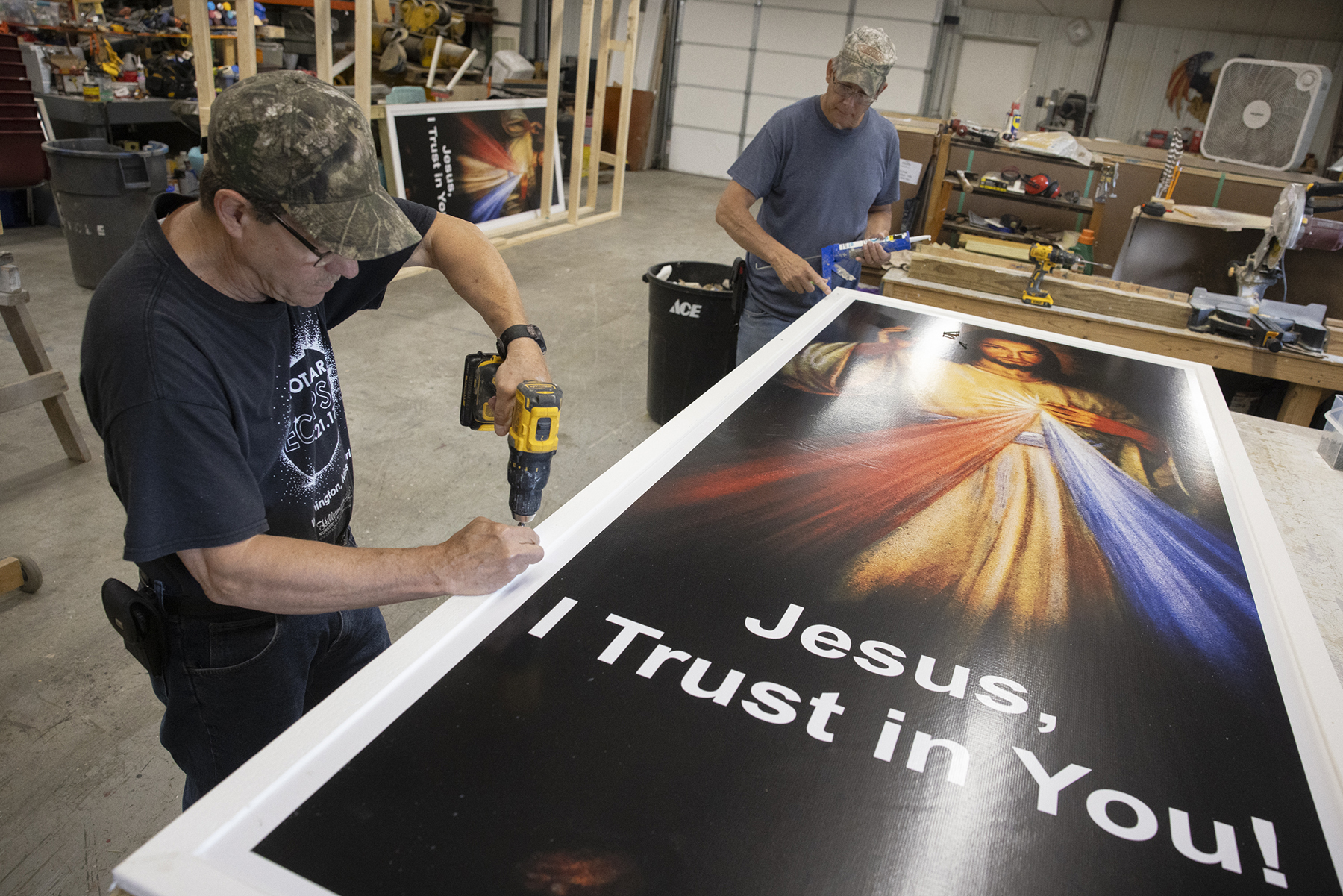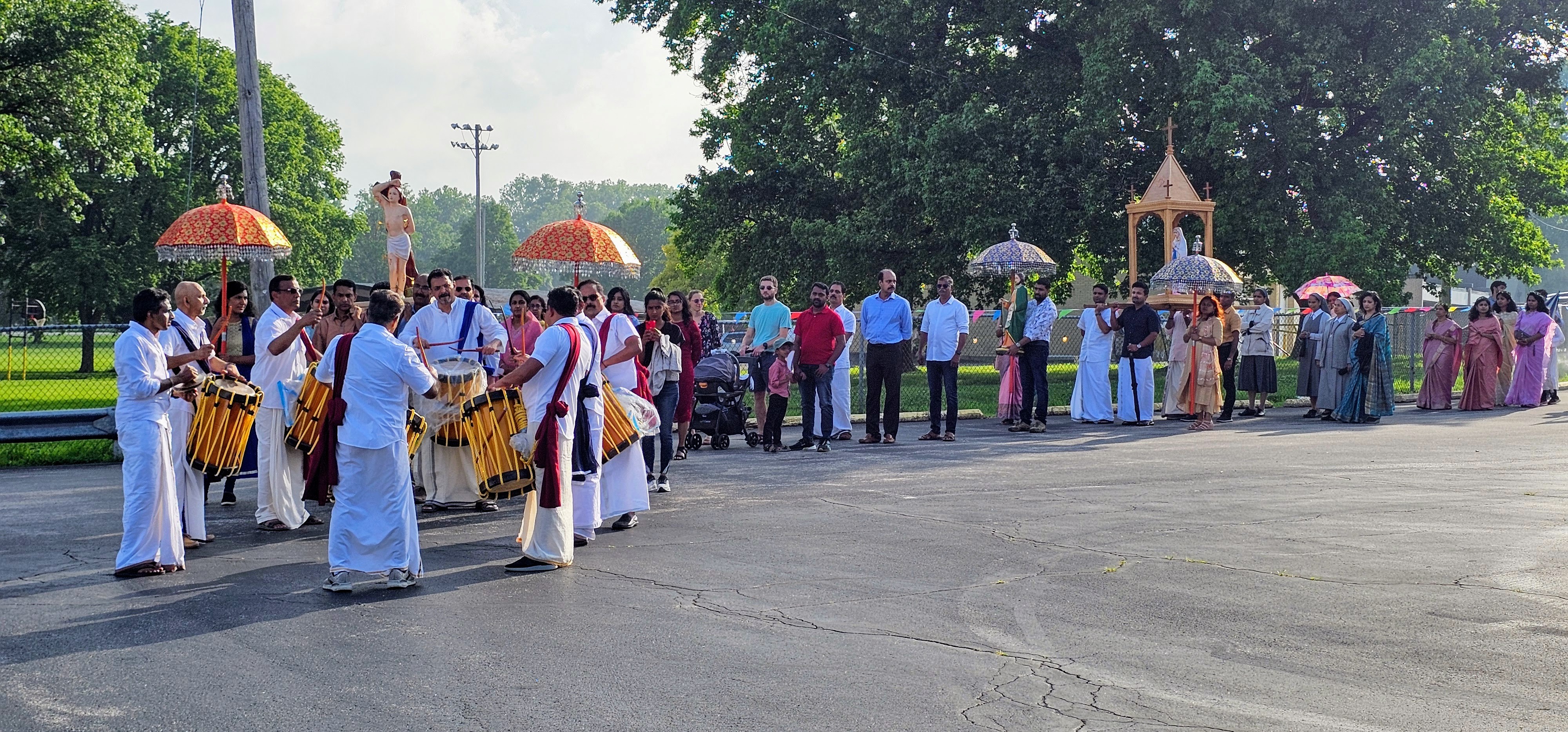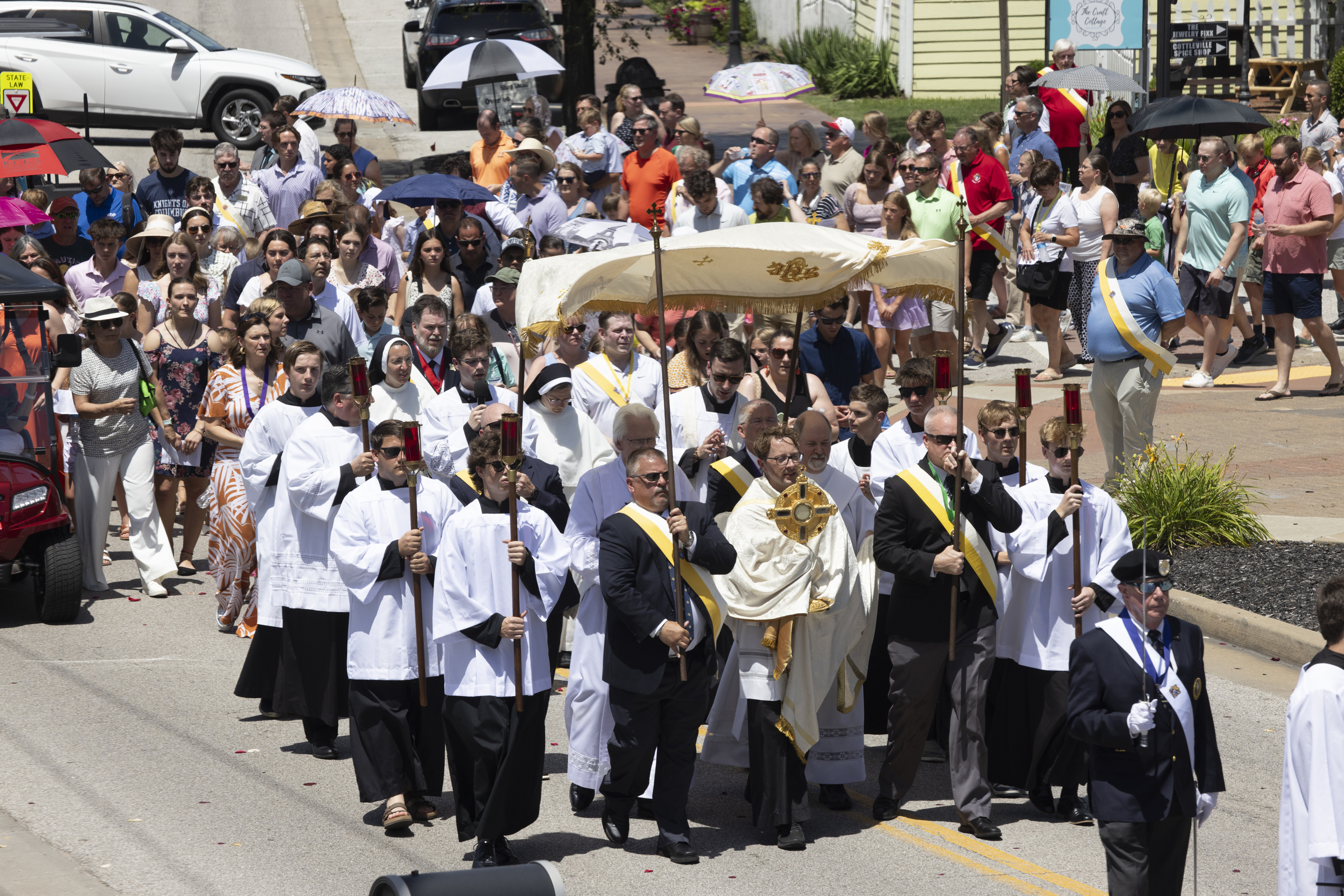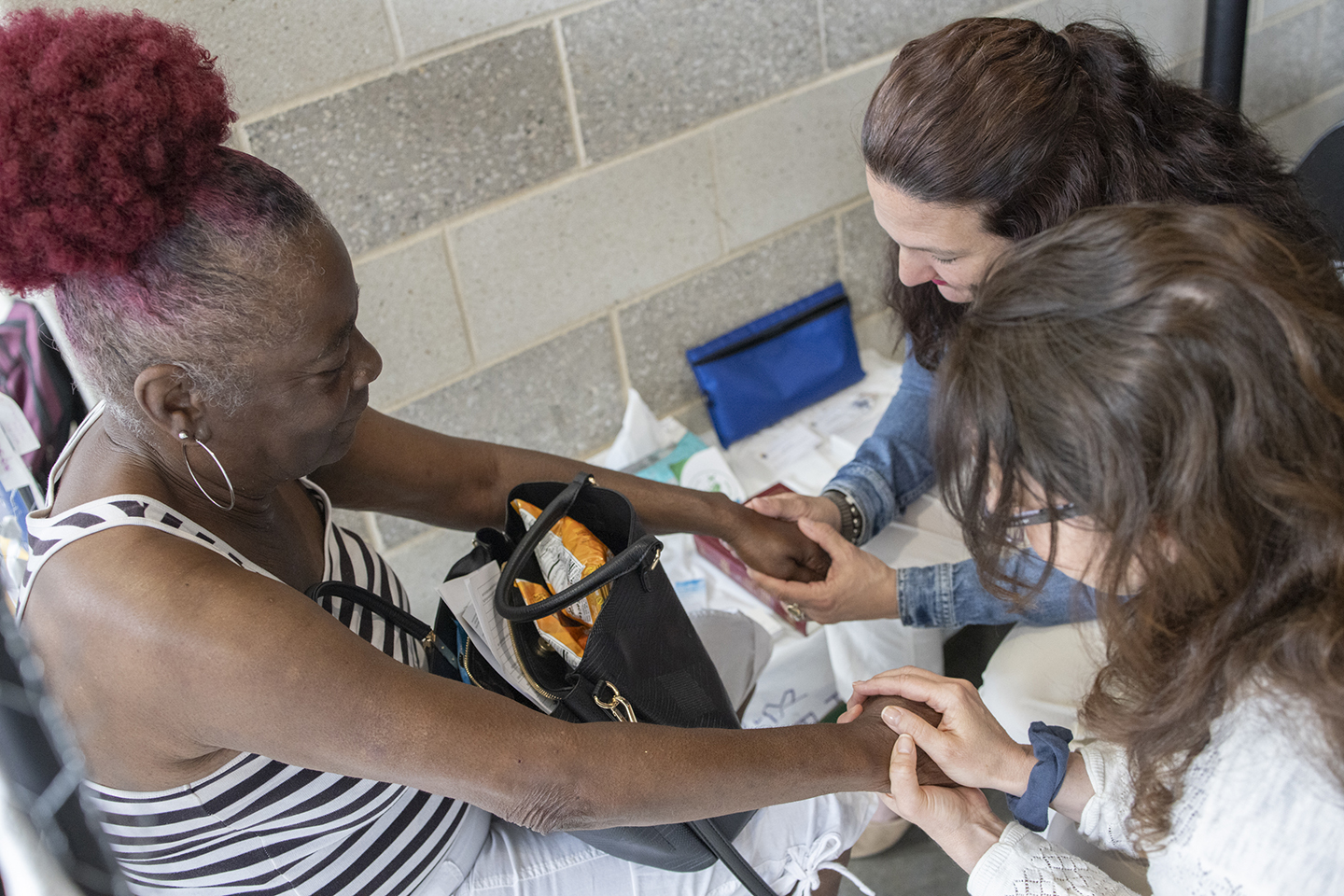Church seeks to address racial disparity gaps
Bishops address ‘evil of racism’, Catholic Charities speaker cites reform
The Catholic Church nationwide and on the local level is drawing attention to the impact of racism.
On Nov. 30, Catholic Charities of St. Louis offered a Racial Equity Learning Exchange On Race, Poverty, Trauma, and Toxic Stress. It sought to help employees better understand racial disparity gaps so they can better serve vulnerable African American children, families and communities.
“This is very helpful for us to continue to do the very good work we do in the community,” said Frankie Small-Woods, a member adviser for Catholic Charities’ Pathways to Progress program, which serves low-income families in six north St. Louis County zip codes. “This is something I’m always aware of and open to making better.”

Khatib Waheed, of Racial Equity Learning Exchange, the presenter of the workshop, said talking about race “is not an easy thing to do.” Yet taking on those courageous conversations about the intersections of race, poverty, cultural sensitivity and the need for multi-systematic reform yields results, he said.
Waheed, the founder of Walbridge Caring Communities Program (later the St. Louis Caring Communities Programs), cited the importance of examining assumptions and stereotypes of the children and families served by agencies such as Catholic Charities.
Society and the courts “have used inconsistent logic to define race in ways that give different racial and ethnic groups vastly unequal opportunities and access to life choices,” he said. “Society has been shaped to benefit the majority.”
In discussing how disparities are created and perpetuated, he told the attendees that if they know something is wrong and don’t work to make it right, they’re supporting its continued existence. The process to address it, he said, should be to raise awareness, create space for discussion, implement action plans and improve outcomes for all.

“It should not be predictable that certain groups are going to have negative outcomes,” Waheed said.
He showed an episode of a PBS documentary, “Race — the Power of an Illusion,” which cited underlying social, economic and political conditions, such as housing policies, that disproportionately channel advantages and opportunities to white people.
Also on Nov. 30, the Catholic bishops of Missouri issued a statement supporting individuals and organizations promoting racial reconciliation and healing through publicly acknowledging the lynching of African-Americans that occurred in Missouri in the past. On Dec. 1, a coalition of groups erected a historical marker acknowledging the lynching of Levi Harrington in Kansas City, Mo., in 1882.
The bishops of Missouri stated that the evil of racism festers, in part, because as a nation there has been a limited formal acknowledgement of the harm done to so many, no moment of atonement, and no national process of reconciliation. In addition, the bishops stated, “we have seen bold expressions of racism in recent times and recognize that racism still infects our nation. It must be candidly addressed to be eradicated.”
The U.S. bishops sought to address the topic after witnessing the deterioration of the public discourse and episodes of violence and animosity with racial and xenophobic overtones re-emerging in U.S. society, according to Archbishop Gustavo Garcia-Siller of San Antonio. He is on the U.S. bishops’ Ad Hoc Committee Against Racism, which was created last year to address the evil of racism in society and the Church and to help society come together to find solutions.
One result was “Open Wide Our Hearts: The Enduring Call to Love,” a pastoral letter from the full body of bishops to the lay faithful and all people of goodwill, which addresses the evil of racism. It was approved by the bishops last month.
The Catholic Church nationwide and on the local level is drawing attention to the impact of racism. On Nov. 30, Catholic Charities of St. Louis offered a Racial Equity Learning … Church seeks to address racial disparity gaps
Subscribe to Read All St. Louis Review Stories
All readers receive 5 stories to read free per month. After that, readers will need to be logged in.
If you are currently receive the St. Louis Review at your home or office, please send your name and address (and subscriber id if you know it) to subscriptions@stlouisreview.com to get your login information.
If you are not currently a subscriber to the St. Louis Review, please contact subscriptions@stlouisreview.com for information on how to subscribe.

